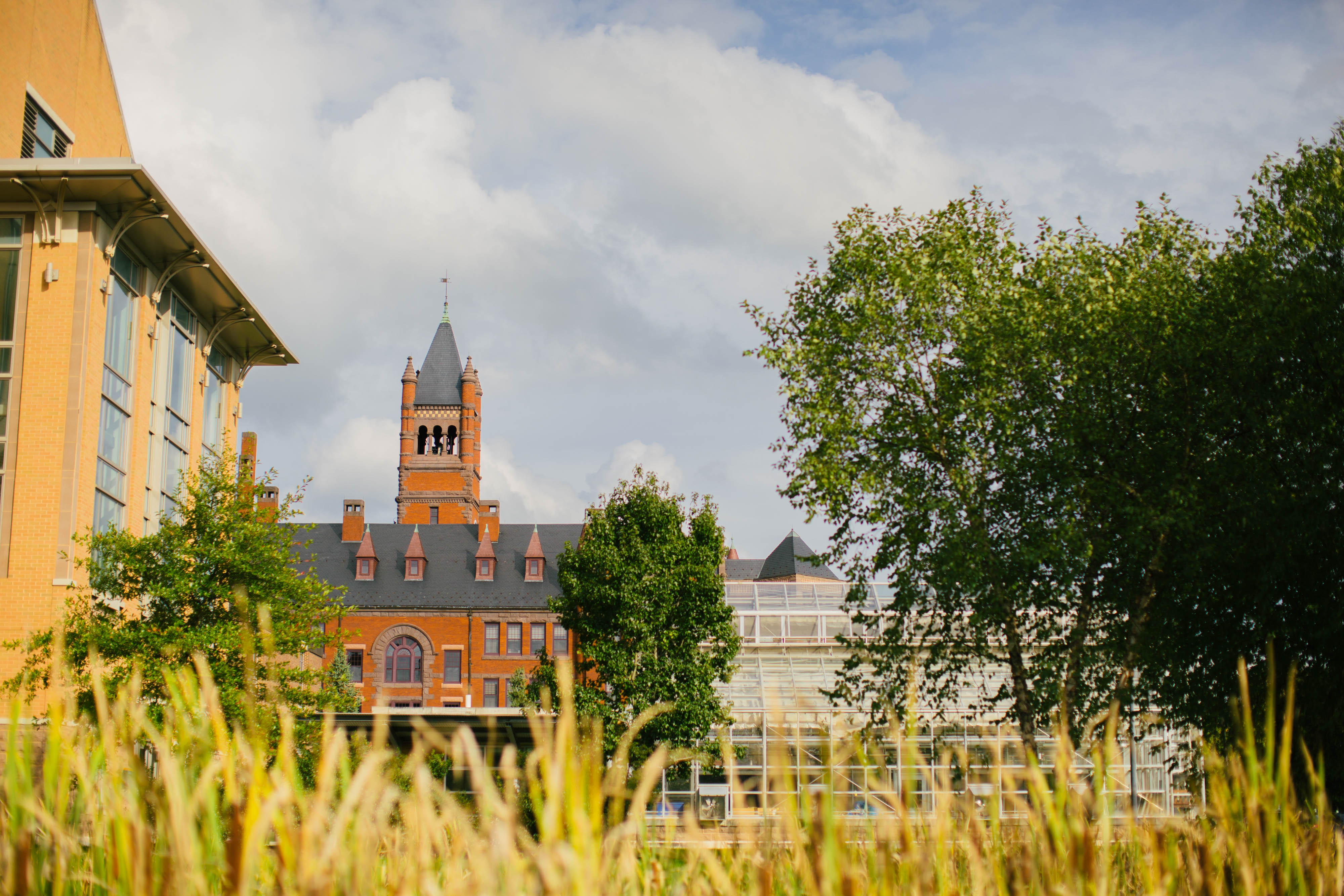Daisy Reyes Discusses the Shaping of Identity Politics on College Campus
By Taylor-Jo Russo, Staff Writer
On Monday, Nov. 12, Daisy Reyes, a sociologist, delivered a compelling discussion on how college shapes identity politics, specifically for Latinx people in Bowen Auditorium. She drew upon her research from the observational study she performed and wrote about in her book, Learning to Be Latino: How Colleges Shape Identity Politics.
Her interest in the topic was fostered from her Latina background, as well as her experience being alienated at her public college campus in which she was a minority. Reyes explained the reason for this alienation is Latinx children attend predominantly Hispanic schools making transitions to public schools and colleges more difficult. This challenge is then compensated by joining Hispanic organizations as a search for comfort, familiarity, and like “home”.
Reyes conducted a study across three different college campuses: a liberal arts college, a public university, and a research institution. She was interested in seeing how across different types of campuses and organizations offered how perception of Hispanic culture and conformity were affected and changed.
She noted that with the public university with no housing, Latino/a organizations were not collaborative with each other and focus more on country of origin rather than being overall Hispanic.
At the liberal arts college, organizations were collaborative but had racial micro-aggressions due to encouragement of sharing the budget between groups. The liberal arts college preferred Hispanic over specificity because it meant inclusion.
At the research institution, students felt “anonymous” where they had no advisors, no sense of community, therefore the organization became their sense of community. On this campus, organizations were divided and competitive due to limited office spaces available for the organizations. They felt “Hispanic” was useful, but they had to explain or qualify their Latinx expression within the term.
The findings showed that across different college campuses and resources, expressions of cultures can and were changed. The differences shaped deliberation, protest, and conflict across the campuses. The aspects shaped how students viewed their future in the world, country, and in politics; specifically, it shaped their view on whether they would be opportunistic or oppressed.
Finally, Reyes proposed the potential solution should be to make sure centers and resources are set up across all college campuses for every culture in order to foster community and inclusion. She noted that if the resources, centers, and organizations are already in place, then there need not be a long search and effort to make a college campus feel like home.

